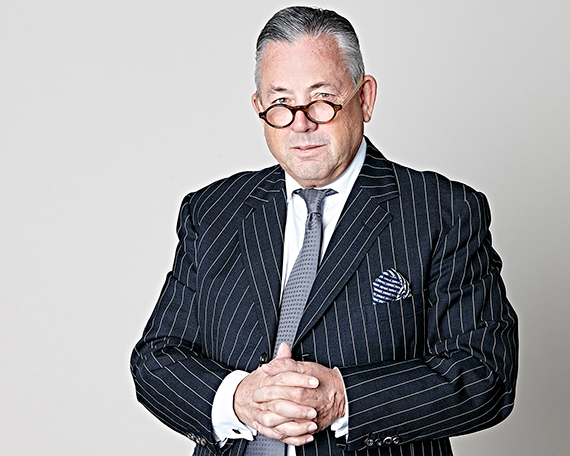Why John Slade’s glass is half full
Another week, another set of conflicting signals. A quick scan of Tuesday morning’s headlines confirms as much. “Bank of England sharply raises 2017 growth outlook”. “Trump effect ‘has been good for UK’”. “Brexit vote ‘already bad for firms’”. “UK economy to slow down this year”. “UK service sector growth ‘slows’”. “UK retail sales slow in January”. And that was just the BBC.
Make of those contradictory signals what you will.
Another week, another set of conflicting signals. A quick scan of Tuesday morning’s headlines confirms as much. “Bank of England sharply raises 2017 growth outlook”. “Trump effect ‘has been good for UK’”. “Brexit vote ‘already bad for firms’”. “UK economy to slow down this year”. “UK service sector growth ‘slows’”. “UK retail sales slow in January”. And that was just the BBC.
Make of those contradictory signals what you will.
“The market is in a very strange situation at the moment,” says BNP Paribas Real Estate UK chief executive John Slade with some understatement. “The whole thing is typified by uncertainty. We don’t know where we are going. We don’t know where the economy is going. And we don’t know politically where we are going in London at the moment.”
But, says Slade, who was answering viewer questions on a live video Q&A filmed at the firm’s London HQ last week, you can adopt a glass-half-full or glass-half-empty approach. His is half full.
Listen to the full interview
Or watch the full interview. Click here for video
“The whole thing is up for grabs,” he says. “We’ve got two years of struggle in our market. Two years of uncertainty. But looking further forward London is a major power city.”
Despite reports that European city leaders are plotting to lure tech and finance occupiers from London, Slade believes the notion of competition between global cities is overplayed. “There is a huge amount of investment capital in the world caused by the rise of the sovereign wealth fund and the rise of the compulsory annuity in countries like Canada and Australia, which is creating a huge amount of money.
“All that money isn’t saying ‘we want to go into bonds or London’, it’s saying ‘we want to go into bonds but we also want to go into property or artwork. We don’t just want to go into London, we want to go into Berlin, Frankfurt and Paris’.
“So, yes, there is an element of competition, but there is also a complementary thing. No big investor or occupier is going to want to put all its eggs in one basket.”
Similarly, Slade believes that the currency discount currently working in London’s favour is unlikely to drive big-ticket transactions.
“Whenever I talk to major overseas investors they say we look at currency in one basket and we look at property in another basket. Undoubtedly the lower exchange rate and lower pound means London becomes more attractive, but there is still a bit of a divorce between people who are trying to make money out of property and people who are trying to make money out of currency. Remember if you buy at capital value in a lower currency you still get the same yield, so you get a lower rental income in terms of currency value.”
A report from BNP PRE and Ipsos MORI last month, entitled Cycology, said lessons learned during the global financial crisis had equipped London with the resilience to deal with future shocks. But, caveats Slade, after a tough 2016, “the best we can hope for are similar levels of activity in the London market. We are predicting another decline of 10-15%. We came off £63.5bn of transactions in 2015, £45bn-46bn last year and I think the level of transactions in the UK will be about £40bn this year.
“Even though we are moving into a weaker property market, we don’t have bad property fundamentals. We don’t have overdevelopment, we don’t have undersupply. So the occupancy market is holding up pretty well. People want to do deals at the moment, which is a good thing.”
Just as political matters are dictating current market conditions, politicians’ decisions around infrastructure will determine future success too.
“It’s what we do with Heathrow, what we do with communications and what we do with housing. Infrastructure is the key. Macro projects mustn’t be pipe dreams, they have to be reality.”
But that’s looking into the future. For now, as ever, it is all about occupiers. Slade picks two deals which bode well for the capital.
“A deal right at the heart of the storm of London wondering where it was going last September was Wells Fargo buying its own HQ at King William Street,” says Slade. “And the significance of Apple’s move to Nine Elms can’t be overestimated. Whether it’s allowed or not, I can see that Apple sign over the power station. Pink Floyd will have to revise their album cover.”











